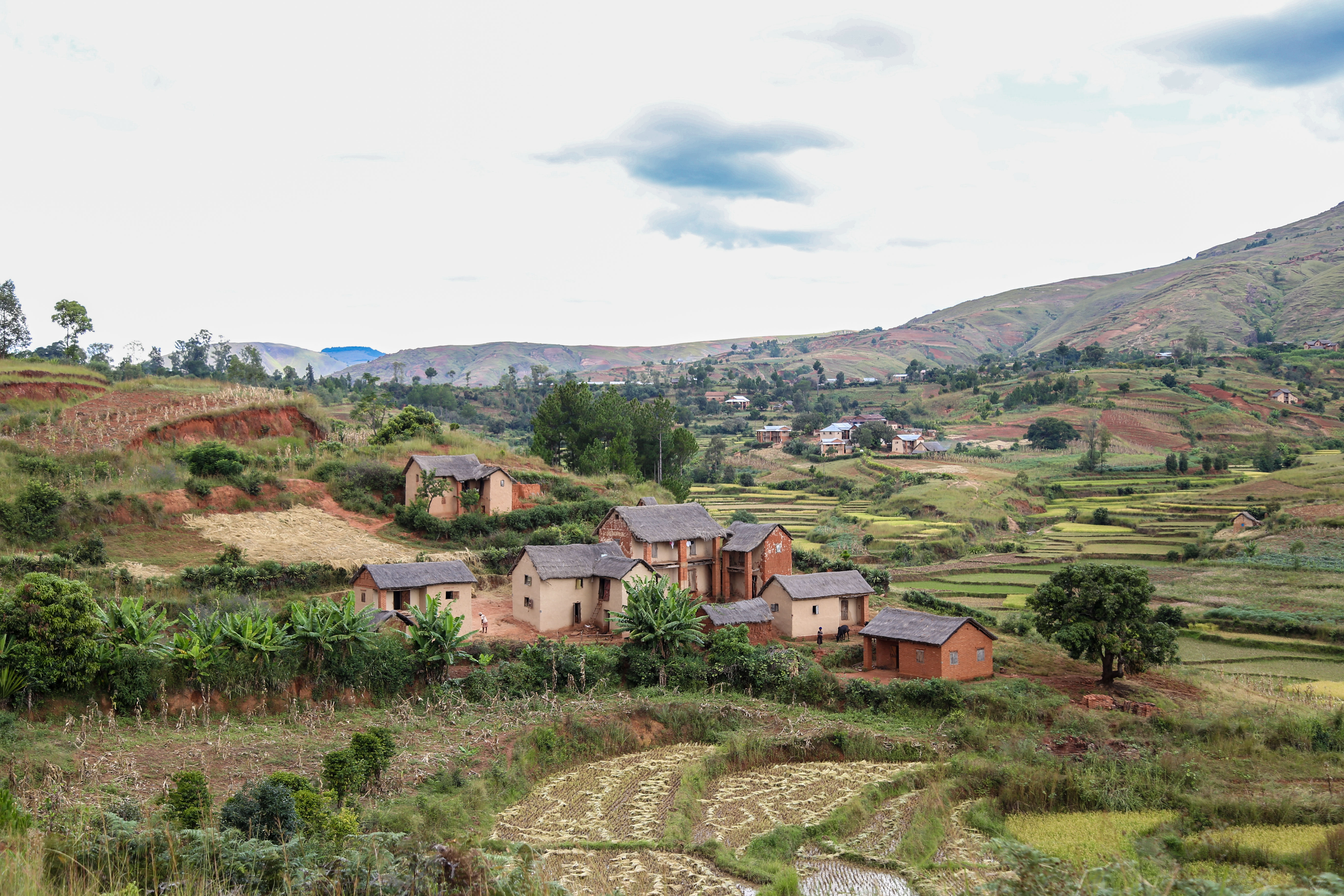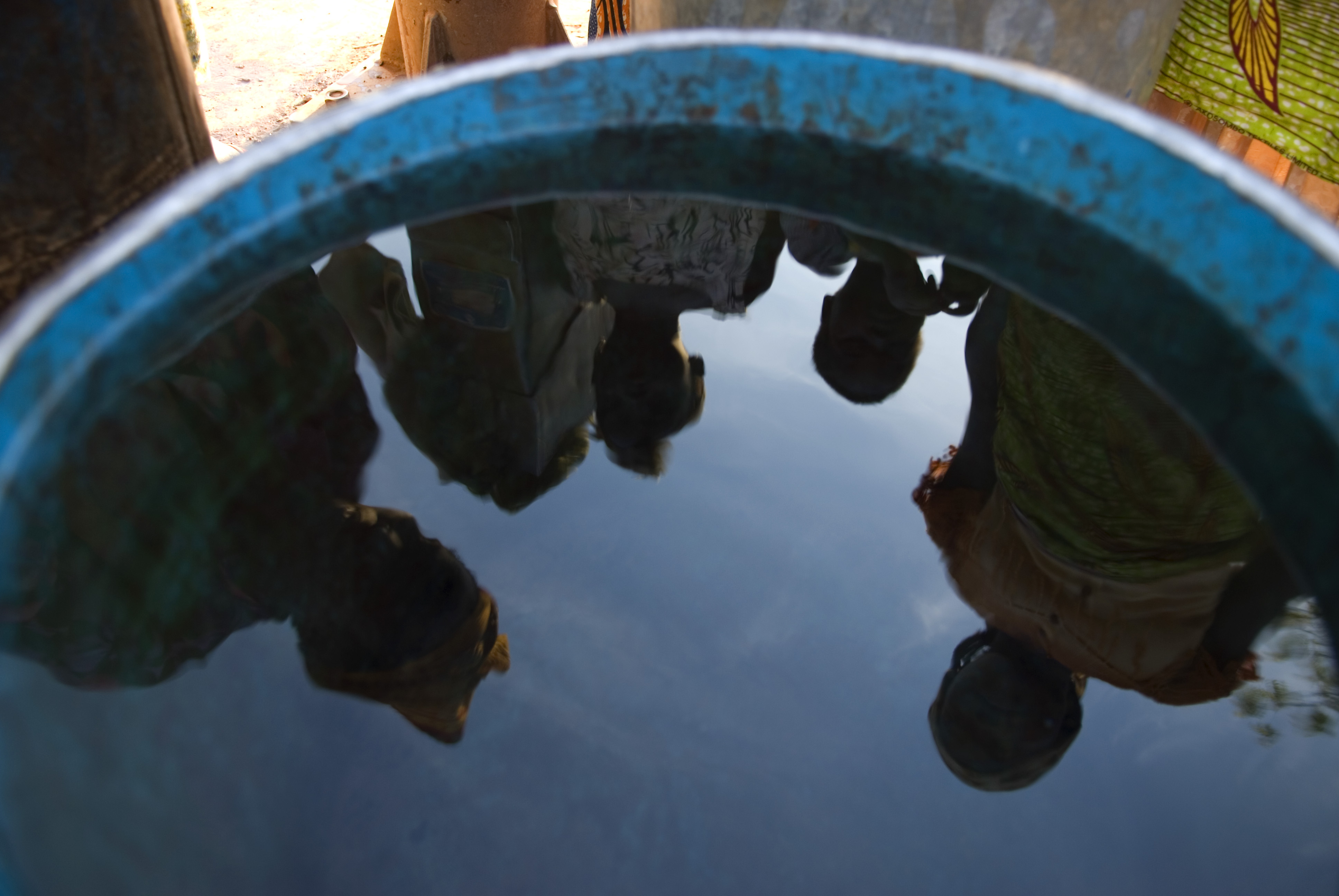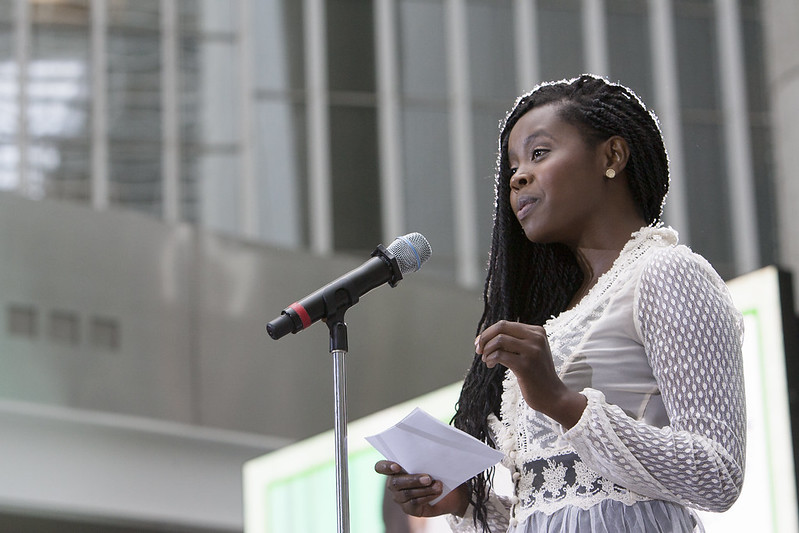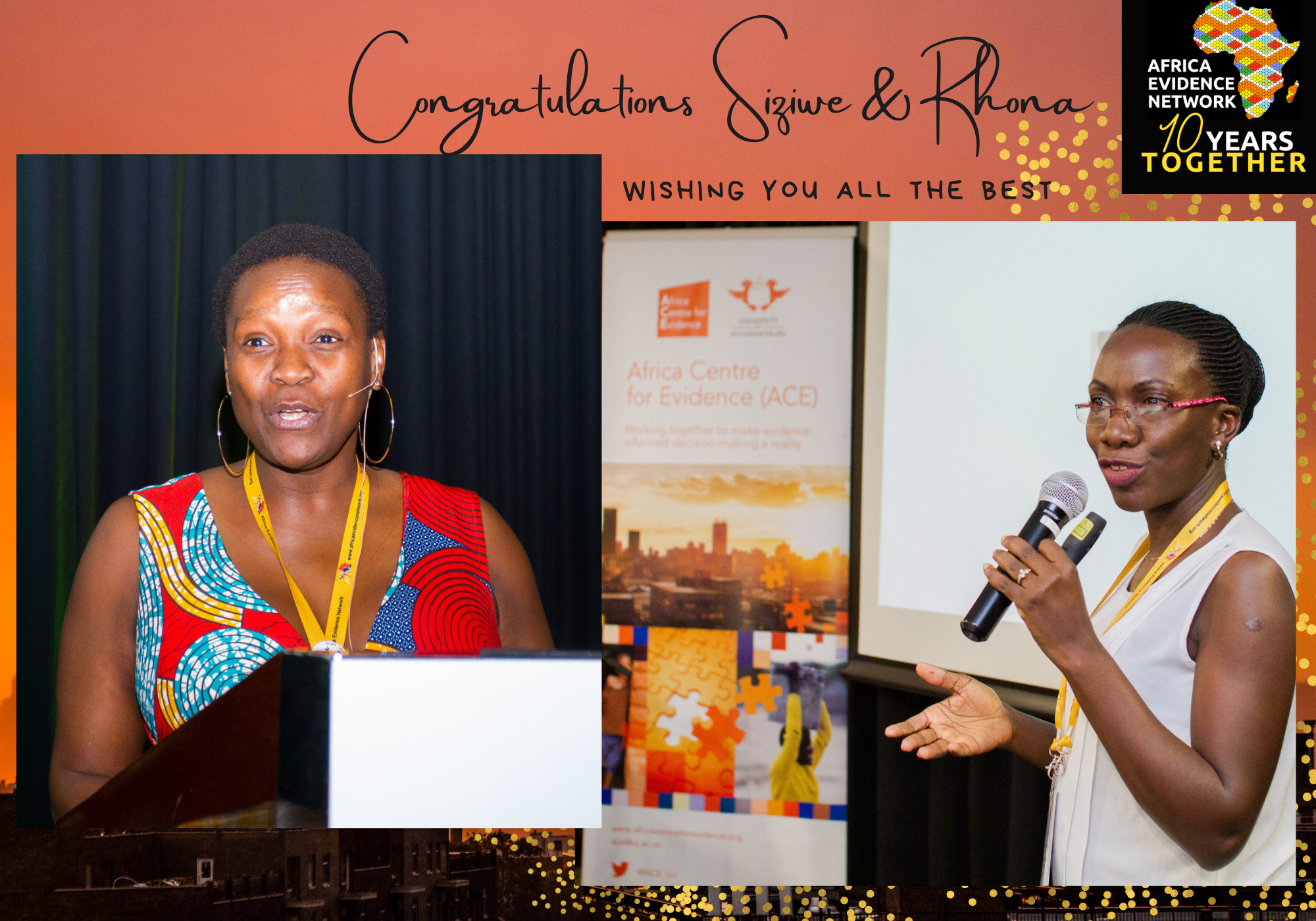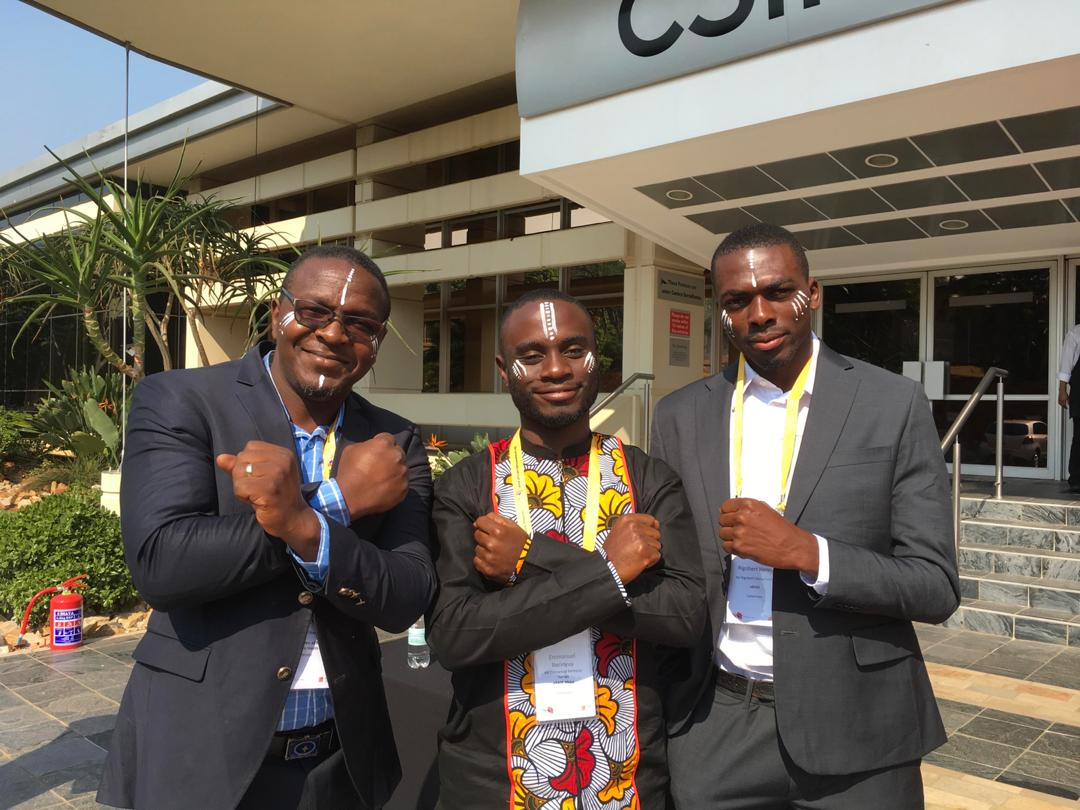
We still remember those three days in Pretoria for EVIDENCE 2018 as if it were yesterday.
160 people from 28 African countries and 6 Western countries from various sectors, including academics, government officials and practitioners came together to share their experiences in using evidence and explore how to advance EIDM in Africa.
It was a huge opportunity for us to share, learn and network with key actors of the evidence ecosystem from the North and South of the hemisphere. It is true that AEN has already set up mechanisms that have ensured almost foolproof knowledge sharing but we would love to have another experience like that of EVIDENCE 2018.
It all started in 2016 when Dr. Patrick Okwen (head of eBASE Africa Team) shared the stage with Professor Ruth Stewart (AEN President) at the opening keynote of the first Global Evidence Summit in Cape Town, South Africa. The discussions that followed the presentations motivated eBASE Africa to join the network. Since then, eBASE has been an active member of the network, benefiting from numerous capacity building opportunities.
Evidence 2018 came up as an opportunity for us to showcase our work to the world and establish fruitful collaborations with regional and global partners with the aim of improving the lives of people on the continent, especially women, people with disabilities and minority groups.
What we shared
We had the privilege to present our work in:
- An oral poster presentation outlining Assessing information and communications technology (ICT) to promote access, equity and quality of education in Cameroon using the Evidence Barometer by Rigobert Pambe.
- A landscape map on General overview of the research and evidence-based decision making landscape for managing malaria in Cameroon by Mr Emmanuel Kamga
- A presentation by Dr. Patrick Okwen on the importance of EIDM in health care and communicable diseases using the JBI audits and Feedback approach;
- An oral presentation by Rigobert Pambe on Promoting equity and access and quality healthcare in Africa by translating available evidence into French
What we learned
We learned of the great work from individuals as well as organizations that sometimes go unnoticed.
Our experience also demonstrated the potentials of networking for dissemination, capacity building, and resource mobilization for research and development. We also learnt about the strategies of AEN to engage more french speaking countries in Africa.
An invaluable networking opportunity
South African Medical Research Council (SAMRC), the African Development Bank (AfDB), Twende Mbele, Human Sciences Research Council (HSRC), and International Initiative for Impact Evaluation (3ie), Education Endowment Foundation (EEF) among others, met at the conference. We made valuable new connections that catalyzed our evolution in the evidence ecosystem.
Within the margins of the Africa evidence summit 2018 in Pretoria, eBASE Team Lead networked with Danielle Mason head of research at the Education Endowment foundation (EEF) UK. From their discussion they found similarities in their vision, objectives, and methods. The EEF aimed at breaking the link between family income and educational achievement by summarizing the best available evidence in education, generating new evidence and supporting teachers and senior leaders. eBASE Africa was equally very active in Cameroon, building the capacities of educational stakeholders on using the best available evidence in education through its teachers to teacher’s program. Sometime after this meeting a team from EEF visited eBASE office in Cameroon, and later on invited the eBASE team to the UK for a working session. This was the genesis of a strong partnership changing the face of education in Africa through projects such as the Global fellowship, the Global trial and a collaboration with CEDIL. This partnership offered a possibility for funding up to 1 million pounds annually for the improving educational attainment in middle Africa.
A rich cultural exchange experience
The conference offered a unique opportunity for participants to witness first hand South African rich and diverse cultural identities. We were privileged to celebrate with The South African people, the Heritage Day which portrays the wealth of the nation’s culture, traditions and beliefs. exhilarating dances, singing, crafts, arts and a rich culinary experience made our stay memorable.
We wish to relive such an experience!
Disclaimer: The views expressed in published blog posts, as well as any errors or omissions, are the sole responsibility of the author/s and do not represent the views of the Africa Evidence Network, its secretariat, advisory or reference groups, or its funders; nor does it imply endorsement by the afore-mentioned parties.
